
FOOTPRINT PROJECT BLOG
From relief to resilience
IMPACT
We’ve deployed 250+ kW of mobile solar
and 700+ kWh of mobile battery storage
to 25+ disaster response and recovery missions,
providing emergency clean power access to 50,000+ people.
IN THE FIELD

Hurricane Helene Response & Recovery
On September 22, 2024, Hurricane Helene emerged in the Caribbean Sea, rapidly intensifying into a devastating Category 4 storm aimed at Florida and later impacting six states, particularly wreaking havoc in North Carolina. Our team mobilized quickly, deploying renewable energy solutions and establishing essential support hubs to aid communities in desperate need. From setting up battery libraries for residents relying on medical equipment to transforming local businesses into resource hubs, our efforts grew into the largest response and recovery operation in our history. Over $200,000 was raised, and nearly $400,000 worth of sustainable equipment was deployed. As we transitioned to long-term recovery, we launched initiatives like the WNC Free Store, ensuring communities can regain their footing sustainably.
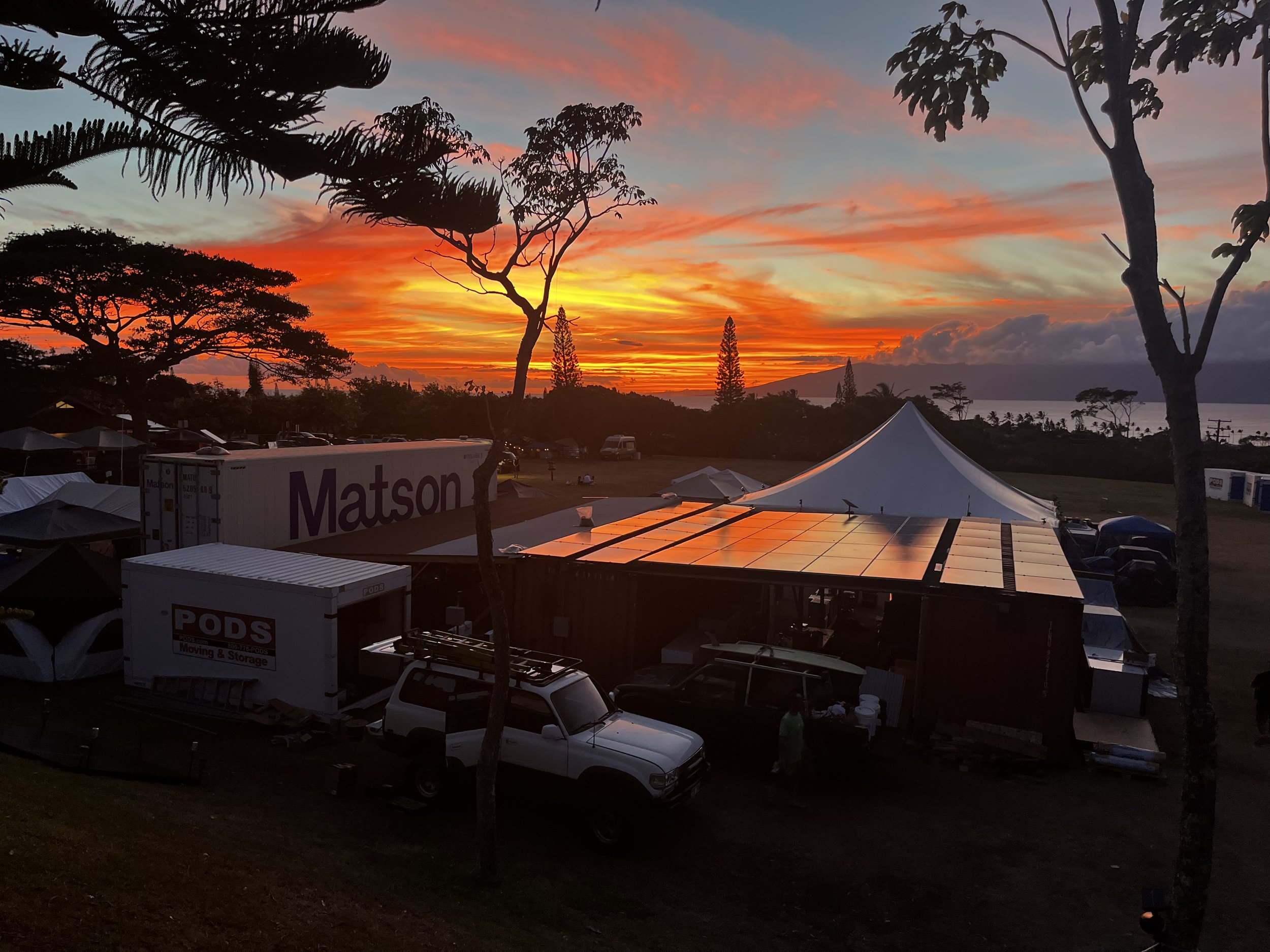
Microgrids for Maui
When fires devastated communities on Maui in August, we watched in horror as the news traveled across the Pacific, reports growing deadlier and more devastating by the hour. Never having been to Hawai’i, we began to strategize about how we could help.

Lighting the Way to Recovery in Mississippi
Early this spring, a series of tornadoes devastated several communities in rural Mississippi. We joined forces with local partners requesting emergency power: Delta Health Center in Rolling Fork, the Fannie Lou Hamer Center for Change in Eupora, and the Zion Baptist Association in Winona. These hubs would go on to serve as foundations of recovery and resilience in their communities.
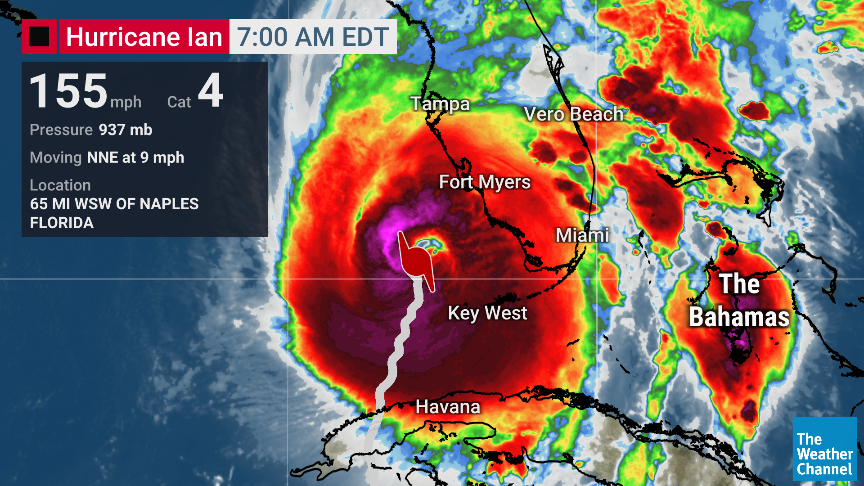
Building Power in the Eye of Hurricane Ian
A few months ago, long before a tropical depression that would become Hurricane Ian formed in the Caribbean, the United Methodist Committee on Relief decided to invest in resilient power solutions for their disaster response teams.

Solar Generators Light Up Ukraine
At Footprint Project, we focus on deploying solar generators to disasters in the domestic U.S. and Puerto Rico. Logistics, program sustainability, cultural competency, and overall need have always pointed us in the direction of our own backyard when it comes to building back greener - until Russia invaded Ukraine in February.
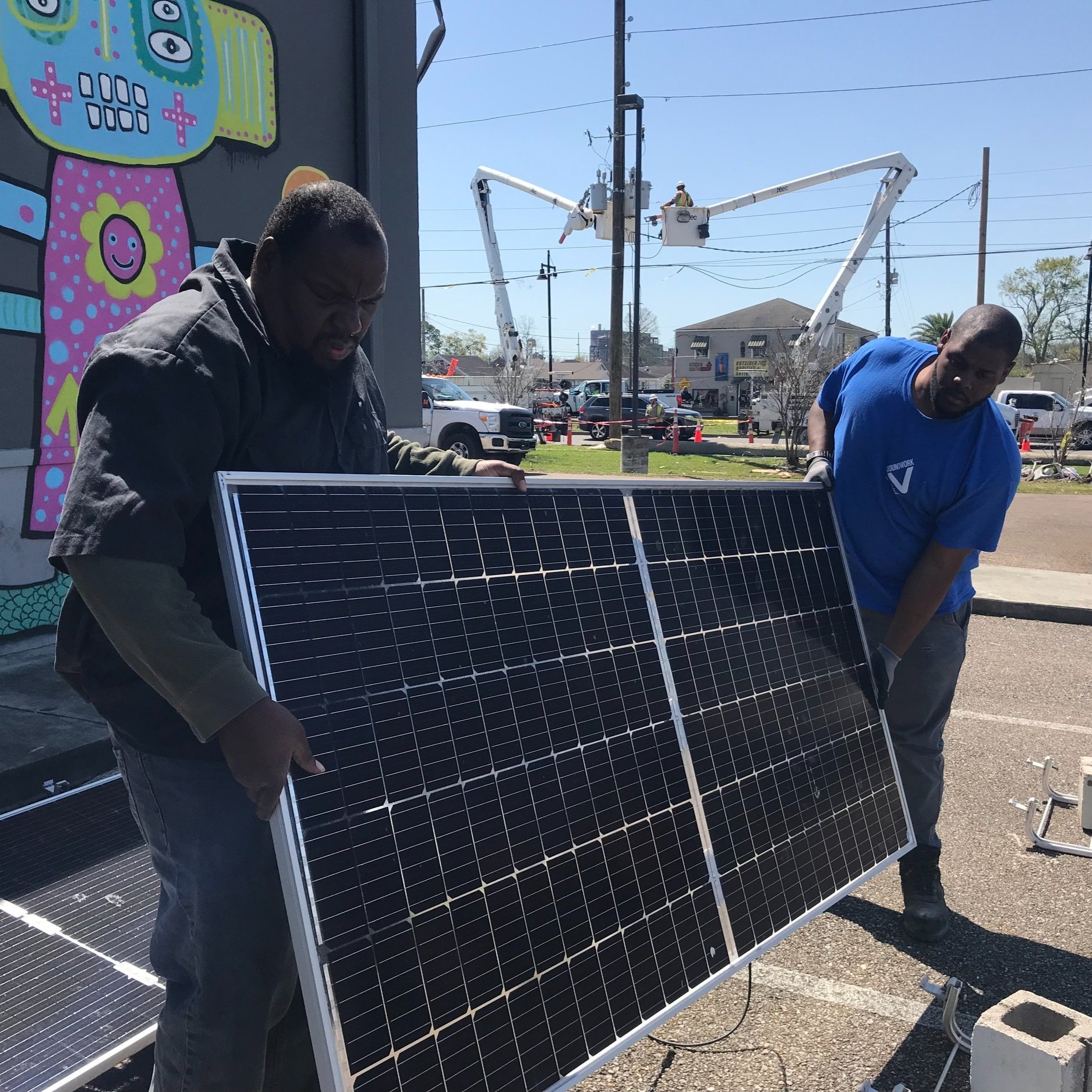
Spring tornado devastates New Orleans community
Less than 24 hours after a rare, EF3 tornado hit New Orleans, Footprint Project was on the ground to provide emergency clean power for neighbors in the hardest hit area of Arabi.

Kentucky Tornadoes Put Solar to the Test
While many families were preparing to wind down for the holidays (including the Footprint Project team), tornado sirens rang out in states across the southeastern United States. With at least 88 fatalities, the “Quad-State Super Cell” became the deadliest December tornado event on record in the United States.

Building Back Greener After Ida
Footprint Project has been on the ground in Louisiana since September 3 deploying solar + batteries to communities affected by Hurricane Ida.

Mobile Power for the People: Building Back Greener in Puerto Rico
As summer comes to a close, a new door opens. The largest mobile solar generator microgrid Footprint Project has ever built is bringing mobile, sustainable power to communities in Puerto Rico.
The completion of this microgrid is crucial for the island’s disaster relief recovery. As back-up diesel generators continue to fail when communities deprived of power need it most, a solar generator microgrid will provide reliable, sustainable energy to people who no longer have to depend on a failing central power source.
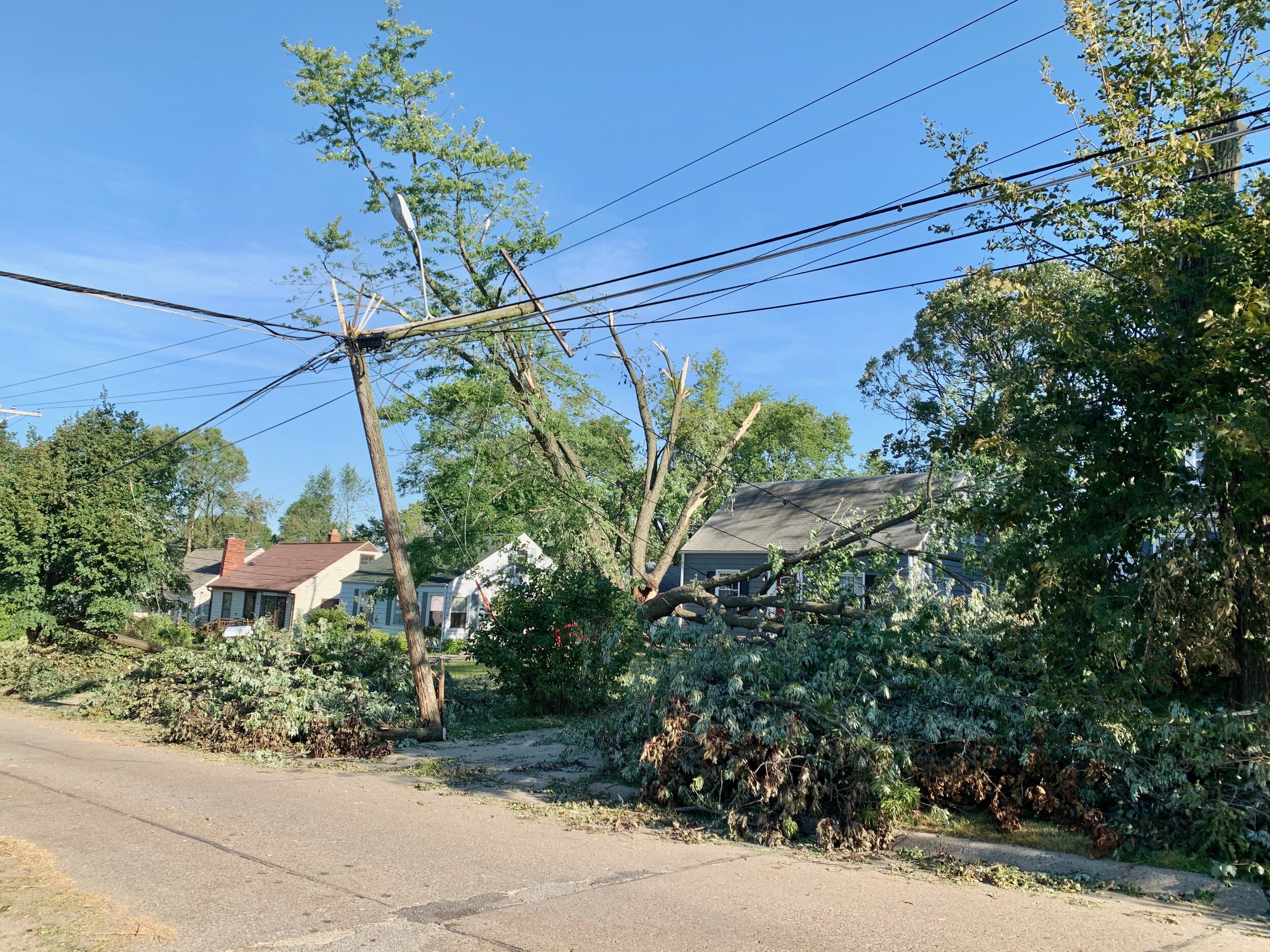
Iowa Storm, Rapid Response
On Monday afternoon, the National Weather Service declared a one out of five “marginal risk” warning. They did not predict that a 100 mile per hour wind derecho would leave over 200,000 citizens in Iowa bereft of power. A derecho is a spanish term meaning “straight ahead,” and is defined as a line of intense fast-moving, damaging windstorms occasionally accompanied by thunderstorms. This type of environmental disaster is notoriously rare and difficult to predict. Although the average wind speed in these straight line storms is 50 to 70 mph, this derecho was particularly fierce, with a record 110 mph, resulting in hurricane force winds in Iowa.

What's Happening in Puerto Rico?
Severe weather forecasts indicate a brutal 2020. The U.S National Oceanic and Atmospheric Administration predicted 13-19 named storms, the majority of which will become hurricanes before reaching landfall*. As resources are already stretched thin in response to COVID-19 and the economic fall-out, first responders are concerned about what this means for disaster relief in places that are still recovering from past environmental emergencies. Recovery has been especially difficult on the islands of Puerto Rico.
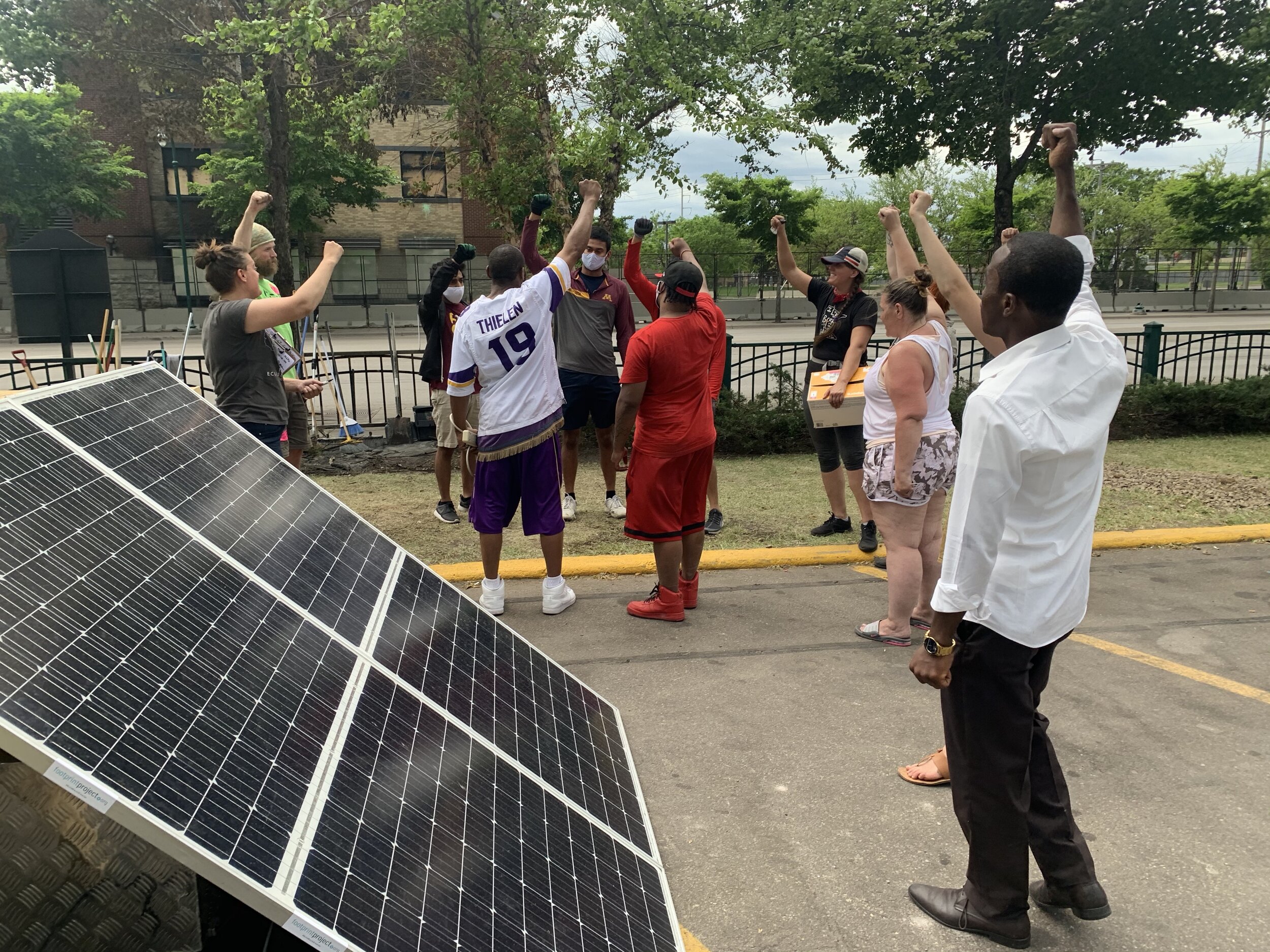
Climate Justice for Social Justice: Building Back Together
Our base of operations has had an eventful and demanding early summer. While we traditionally respond to environmental disasters, our work in Minneapolis has focused on empowering our community in the wake of the tragic murder of George Floyd. Footprint Project has partnered with community organizations on three solar deployments to energize relief spaces, memorials, and displaced-persons encampments.

Empowering a Covid-19 Clinic in Matamoros, Mexico
In April of this year, the Footprint Project partnered with Global Response Management (GRM) to power the COVID-19 Clinic for the Matamoros Refugee Camp. The Footprint Project provided a solar tent and trailer which became the first operational Solar Powered COVID-19 Clinic supporting doctors and medics.

Our Response to Tennessee Tornadoes
As COVID-19 began spreading across the United States in the early months of 2020, two devastating EF3 tornadoes hit Nashville and Chattanooga. These tornadoes rendered many neighborhoods and communities without shelter or power.

Puerto Rico Earthquake Deployment
In early January, a swarm of earthquakes began striking off the southern coast of Puerto Rico, crippling centralized power production and leaving thousands displaced from their homes. Footprint Project’s responders were some of the first volunteers to begin relief efforts.
